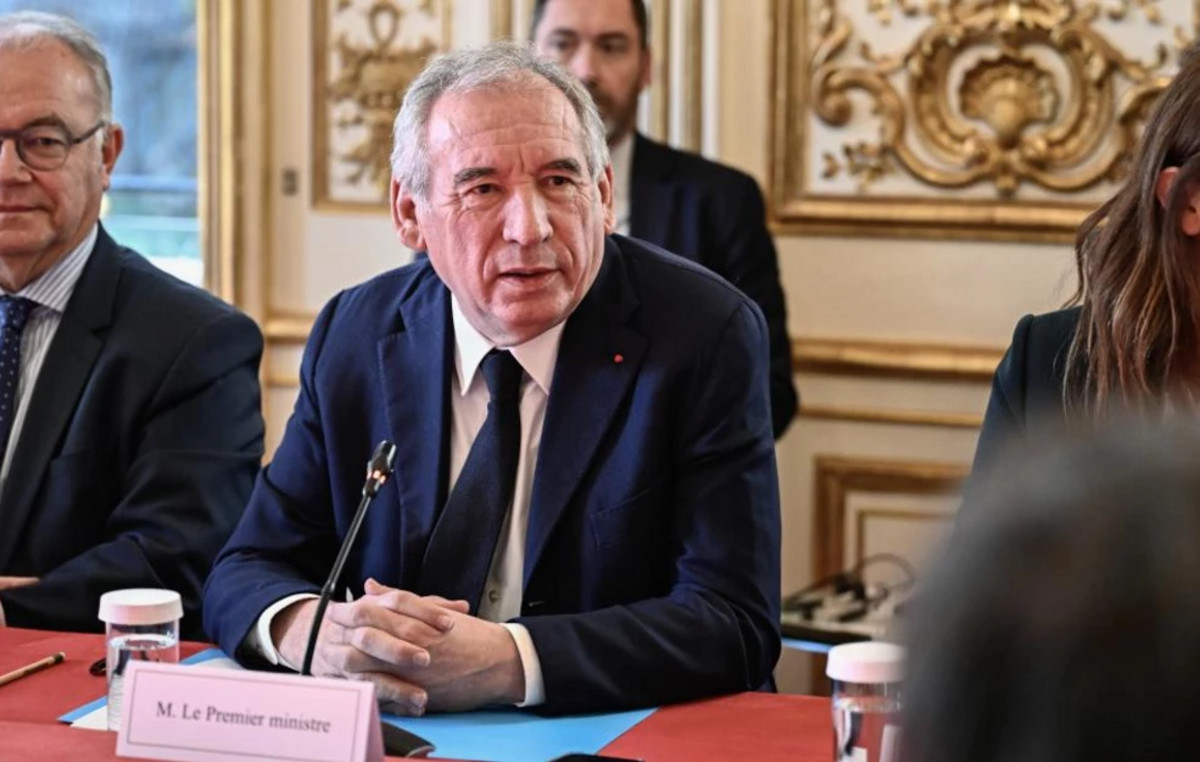The Federal Audit Court (TCU) concluded, this Wednesday (18), the judgment to continue the process of privatization of Eletrobras. The Court approved the process along the lines proposed by the Union, which will total R$ 67 billion. However, experts assess that the project should not lower energy tariffs for consumers.
In the Eletrobras process, the government will lose its controlling shareholder status with the offering of shares to the market. But it maintains the so-called golden share, or the right to veto measures in discussions that are considered strategic for the country.
The government also has golden shares in companies such as Vale, IRB Brasil and Embraer. It is a different model from the so-called privatization, in which the government sells the entire company to an owner or consortium, who then have full control of the company.
However, economist Claudio Frischtak warns that it is not yet “obvious” that the process must be completed. Frischtak believes that a “war of injunctions” could start from now on.
This conflict, according to him, should not only come from the opposition, but also from other institutions, all based on the “doubts, reservations and questions” present in the votes cast by the TCU ministers.
The specialist does not observe changes in the short term, since Eletrobras “had already been well managed since the Temer government.”
In the medium term, the main change will be on behalf of the managers, who “will be subject to private and not public law, this increases flexibility and the ability to competently manage the company, in addition to reducing the risk of political capture”.
“By ensuring decent governance, you also ensure decent administration. It is a gain in the medium and long term”, summarizes Frischtak.
Impacts on the electricity bill
The main change with capitalization is that the private sector will hold most of the share capital, consequently controlling the company.
The company has 105 plants, including 36 hydroelectric plants, including Belo Monte, 10 thermoelectric plants, 2 thermonuclear plants, 20 wind plants and one solar plant. In 2021, the company’s profit totaled R$ 5.7 billion. In addition, it owns 28% of the country’s energy generation and 40% of transmission, the lines that carry energy from one point to another.
One of the main doubts that arise with privatization is its effects on consumers. However, for economist Claudio Frischtak, privatization should not necessarily make energy tariffs cheaper for Brazilians.
“I don’t see the consumer benefit, mainly because of the inserted tortoises. One of them must cost tens of billions of reais. It is the idea of bringing gas from the coast to the interior, generating energy and then transporting it to the load centers, which are not in the interior. This is a proposal that benefits few at the cost of the country’s consumers”.
FGV economist Gesner Oliveira also assesses that tortoises should harm “potential” benefits for consumers. “These elements can make consumers more expensive. It is not privatization that generates this, but additional measures placed in the project that can make the bill more expensive for the consumer”.
Electrobras on the market
According to experts, there are some important deadlines that must be followed for capitalization. In addition, Eletrobras must be well received by investors.
Ilan Arbetman, Research Analyst at Ativa Investimentos, explains that he sees the completion of the protocol for the offering at the Securities and Exchange Commission (CVM) and at the SEC (US Securities and Exchange Commission, regulatory body of the American capital market) At the end of this month, the realization of a road show (presentation to potential investors) within two weeks after this deadline and then, the realization of the offer in mid-June.
Arbetman says the state-owned company should attract demand, investors and, with privatization, will have “firepower” again.
Schedule
Although most of the procedures have already been completed, the process that follows is now financial, requiring the presentation of the company to investors, guaranteeing the approval of the CVM and the SEC to, in fact, establish the offer.
For Piter Carvalho, economist at Valor Investimentos, says that time is crucial for the project. The expert explains that “with each passing day, fewer investors are interested”. For the economist, the government must be concerned with resources that opponents must use to delay the process.
This occurs, according to Carvalho, because of the political risk involved, “since the presidential candidate who competes with Jair Bolsonaro (PL), says he can cancel privatizations”.
In March of this year, former president Luiz Inácio Lula da Silva (PT) ruled out, during an event, the possibility of privatization of the main Brazilian state-owned companies, if he returns to the Presidency of the Republic.
In addition, foreign investors also have an agenda. Given that in the second semester Brazil will be in an electoral process, many of them tend to avoid the country and take advantage of opportunities in other markets, especially “those with less risk involved”.
Next steps
According to the text approved by the TCU in February, the Eletrobras sale operation will total R$ 67 billion.
Of this amount, R$ 25.3 billion are in grants paid to the National Treasury for the right to use Eletrobras’ hydroelectric plants. Another R$32 billion will go to the Energy Development Account (CDE), with the aim of relieving electricity bills from 2023.
About R$ 9.7 billion will be used to revitalize the watersheds of the São Francisco River, the rivers of Minas Gerais and Goiás, as well as to generate energy in the Amazon and in municipalities in the northern region of the country that are not connected. to the national energy system.
Most of the process has already been completed, with the shareholders of the state-owned company approving on February 22 the start of capitalization.
The shareholders approved the spin-off of the Eletronuclear subsidiaries and the binational hydroelectric power plant of Itaipu, the capitalization of the company on stock exchanges, with the dilution of the Union’s participation, and the financial conditions for the privatization to take place.
It was decided that the capitalization of Eletrobras, via the primary public offering of shares and share receipts on the stock exchange, New York (ADRs), allows a dilution of the Union’s voting capital to 45%.
Currently, the government has 51.82% of the ordinary capital and the Economic Bank for Social Development (BNDES) 16.78%, according to the state-owned company’s website.
If in the first offering the objective is not met, a secondary offering of shares will be made. It was also decided to create a special action (golden share) for the Union, with veto power on some issues.
*With information from João Pedro Malar, from CNN Brasil Business
Source: CNN Brasil
I am Sophia william, author of World Stock Market. I have a degree in journalism from the University of Missouri and I have worked as a reporter for several news websites. I have a passion for writing and informing people about the latest news and events happening in the world. I strive to be accurate and unbiased in my reporting, and I hope to provide readers with valuable information that they can use to make informed decisions.







